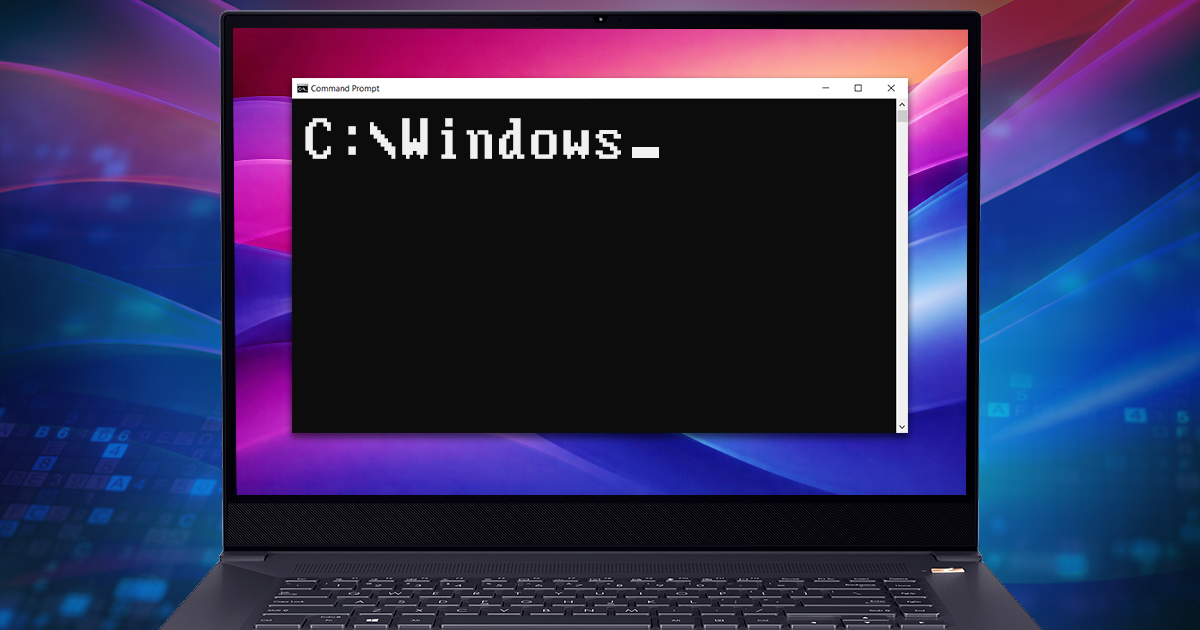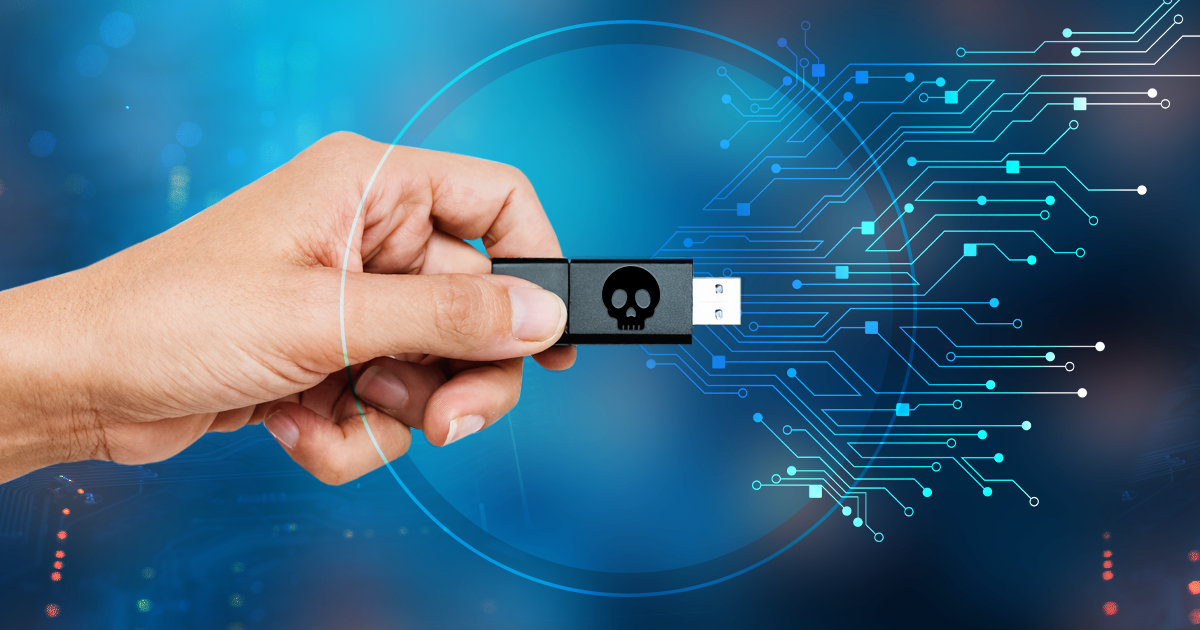Tom’s Hardware has tested two mainstream NVIDIA cards (GeForce 9600 GT and GeForce 9800 GTX) on several CUDA-enabled applications. The applications were:
Today’s businesses are very mobile. Sometimes you don’t even need to have a conventional office, it becomes virtual, it is always with you in your mobile phones, netbooks and laptops. Such mobile mini-offices stuffed with corporate documents and reports, partners’ data, confidencial correspondence, access passwords are in danger of being stolen, both virtually and physically. You can try to protect your laptop using laptop security cable locks but what if it was stolen? Let all your information go into adversary’s hands? Do you _really_ think that your Windows logon password is an impenetrable barrier for the adversary? Have you heard of Elcomsoft System Recovery? You still think your laptop is secure because you have BIOS password and/or partial drive encryption? Read an article by Kevin Beaver ‘Securing corporate data on your laptops’ , take off rose-colored glasses and revise your laptop security as suggested in Kevin’s step-by-step outline.
There is a few, so I’ll put ’em all into a single blog post 🙂
Note to PGP legal dept: I’m not going to put the ® sign every time when I mention PGP. I’m just tired; we already did that in our press release and on our web site, and I think it’s enough. No, really? Well, I’ll repeat one more time: all names like PGP are trademarks or registered trademarks of their respective owners in the UK, USA, Russia and probably somewhere else – e.g. in Albania. There are too many countries to mention, sorry :). Why should I care about (R)? Keep reading, and you’ll see the reason.
We never thought that our participation would bring such kind of trouble (or at least a disappointment).


